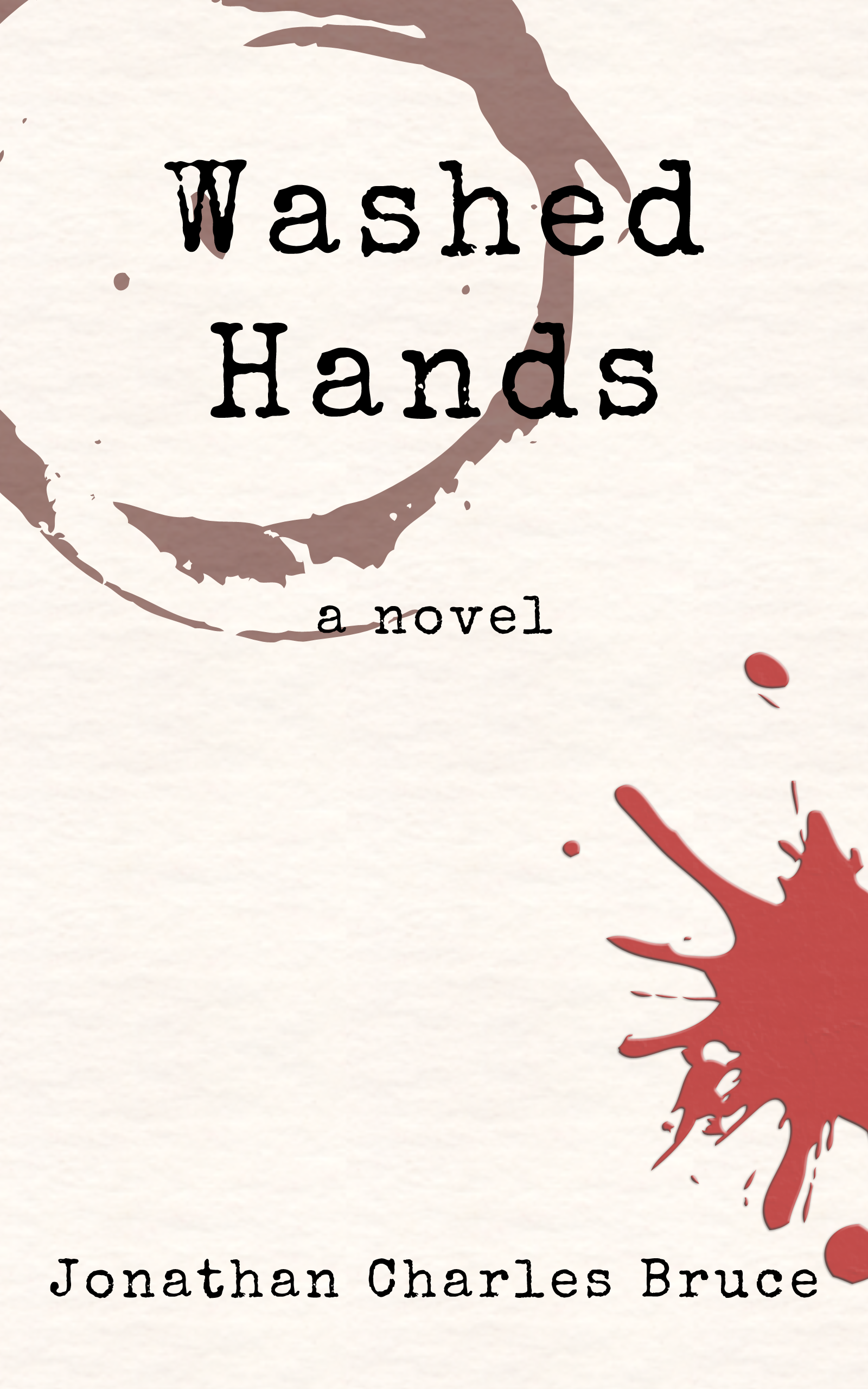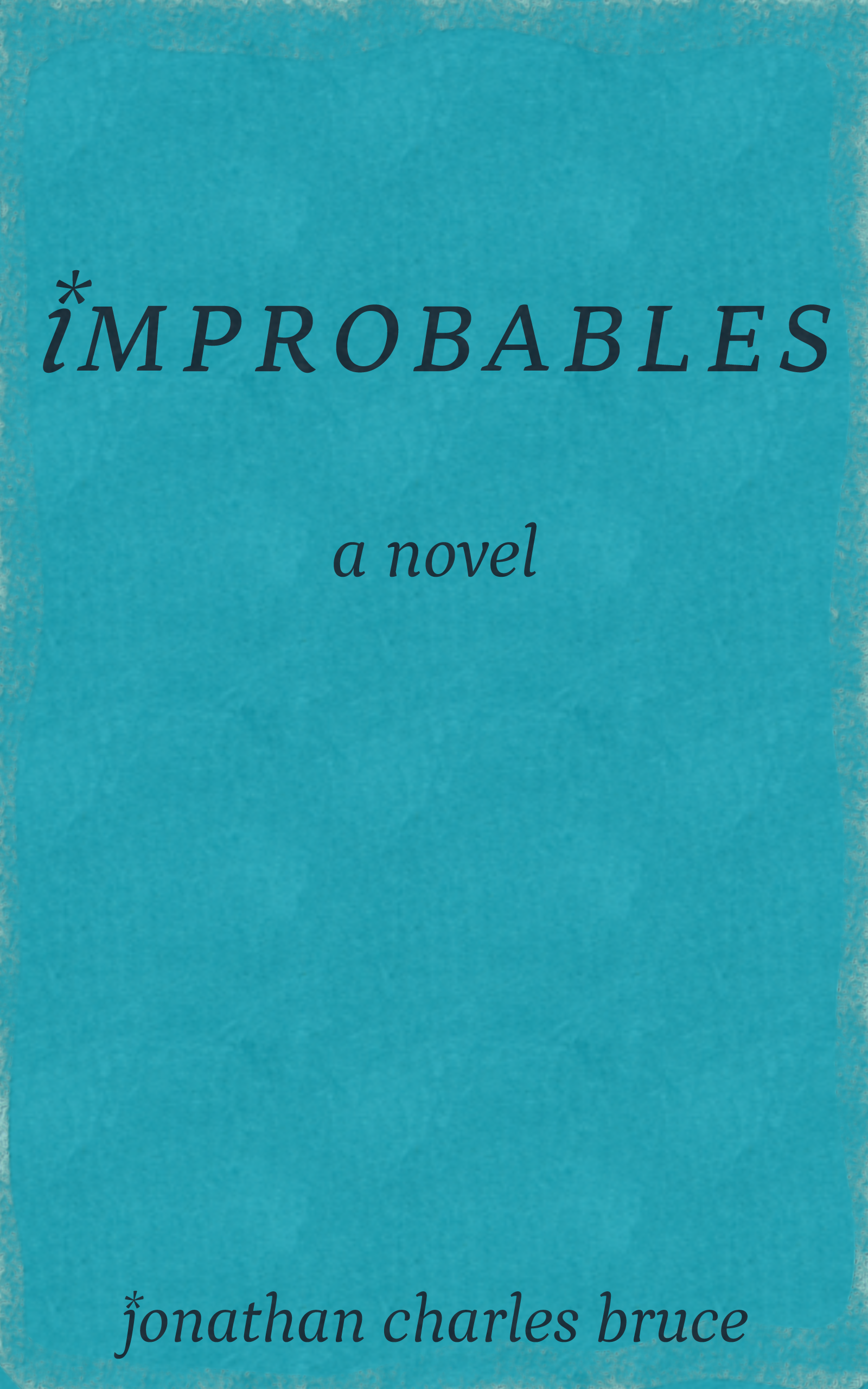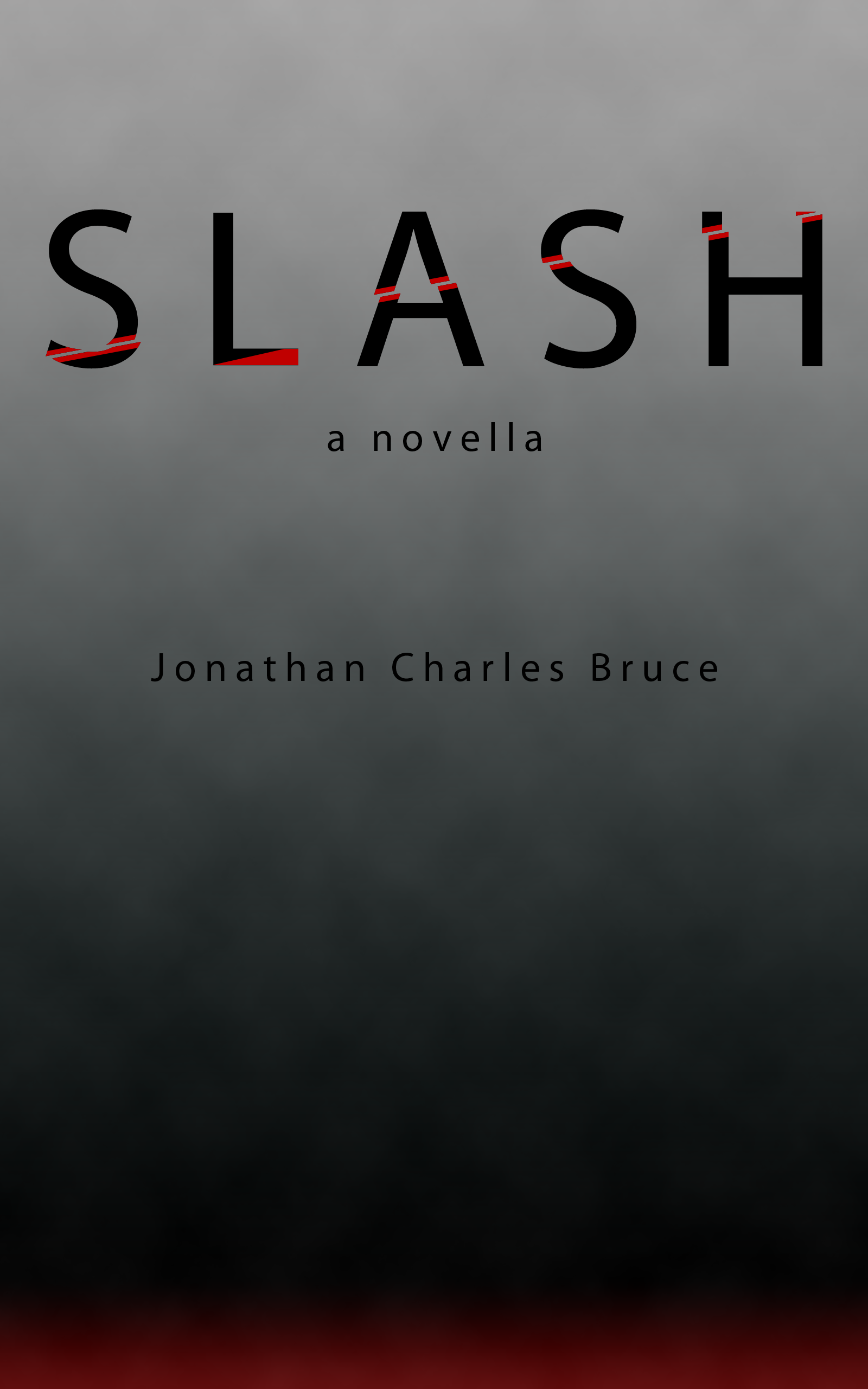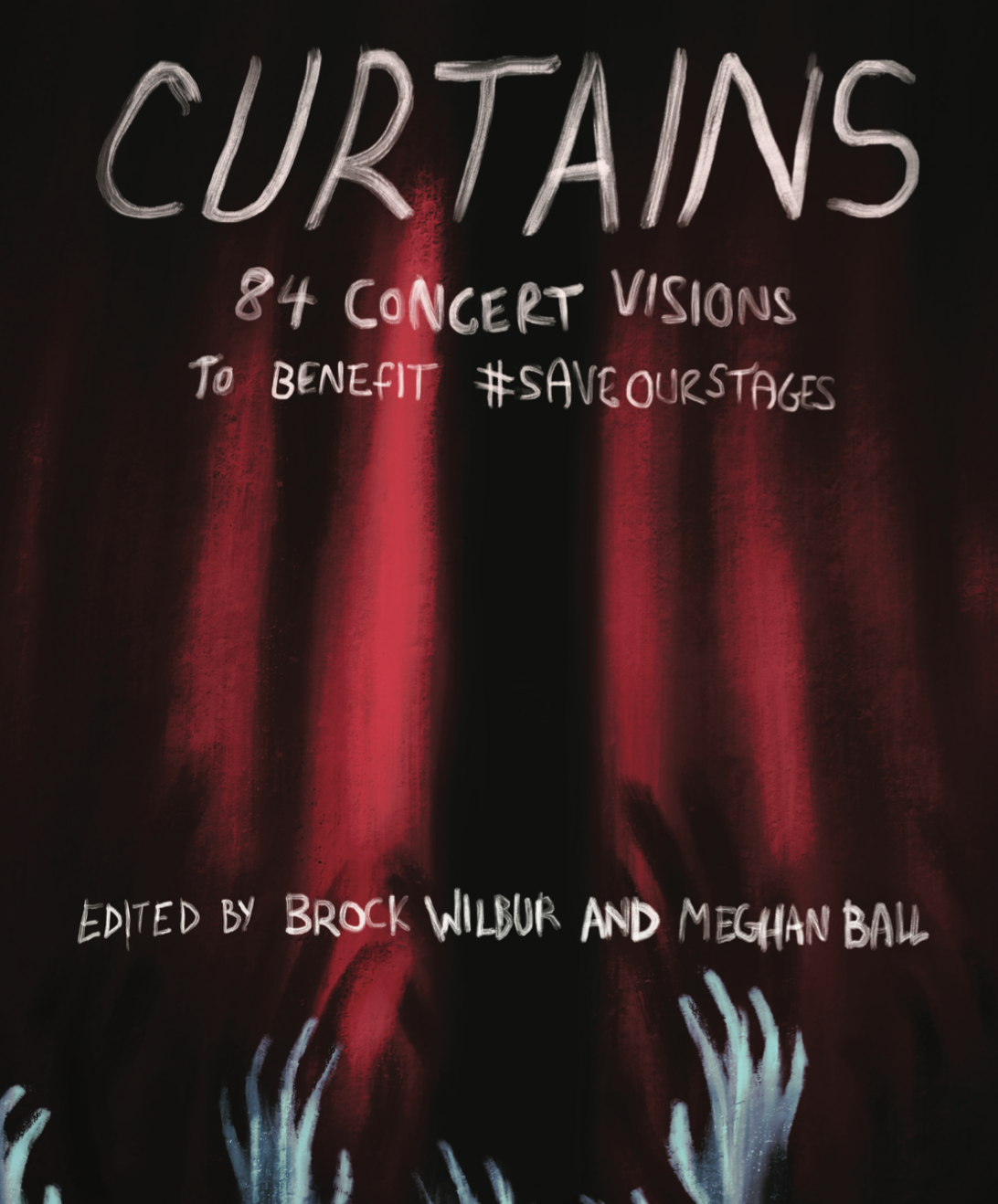On Sequels
For those of you who have read Project Northwoods to its jaw dropping conclusion, you may have noticed a little sequel hook dangling forlornly at the end. I did actually grapple with whether or not to do such a thing – after all, the actual functional arc of Northwoods is very much so a self-contained unit. Putting in the hint that there’s more to come can be seen as crassly exploitative (you know... just as soon as I have someone to crassly exploit). Turning a creative endeavor into just another series does imply some measure of bankruptcy, does it not?
Well, sure, I suppose. But remember, kids, I am a historian by training (and loosely by profession, I suppose). And although I did grapple with the issue of whether or not to even include an epilogue, I ended up doing so for thematic reasons. Part of the tumult in the narrative is rooted in events past, making the novel actually one moment in a much longer timescale. While the plot ties up loose ends, a number of those loose ends were created before our protagonists even knew what was going on. Highlighting a loose end just reveals something that historians have long known but politicians are supremely dense about: the roots of future conflicts have their origins in the ones that precede them.
And, yes, there are the monetary prospects. A guy’s gotta eat. But I can still move forward without feeling like I’ve ruined what little credibility I have. As a general question, though, why do sequels get as much hate as they do?
I suppose it depends on how you view these things. Basically, a good sequel expands on ideas and concepts set forth in the original in ways that are thematically consistent, but explores new depths of the material. The Empire Strikes Back, for instance, uses the original Star Wars as a setting, but heads confidently in a new direction that allows the characters to grow as they head into uncharted space. A lazy but effective sequel, like Return of the Jedi, uses familiar characters to tie up loose ends in a semi-satisfying way. Bad sequels – such as, ironically enough, the prequel trilogy of Star Wars – remain content to reissue the same things because thinking too hard hurts.
But there’s so much more in categorizing just how a sequel fails. It’s not enough just to wave your hand dismissively. You gotta really get into the material to find new ways to deconstruct their utter lack of worth.
As much as I did enjoy Catching Fire, it is an utterly graceless sequel. For everything it does really well – world-building, for instance – it knocks about ten IQ points off Katniss, the heroine. I don’t want to spend more time than absolutely necessary talking about this, as I’ve already done that, but I feel that it is one of the major things that can put people off from the film/book.
Part of the problem, I suppose, is the inherent disconnect between writer and audience. The writer can have a specific idea in mind when it comes to what is and is not important, and the audience can think they’ve lost their damn mind. I don’t think that the author of 101 Dalmatians was thinking clearly when he wrote a sequel about humanity being put to sleep and dogs potentially moving to outer space. Even if he was, I don’t think anyone that was a fan of the first book wanted such a sequel.
Now, I don’t want you to think that anything creative should be done by constantly asking one’s fan base. From my limited understanding of human nature, what people want to read is fictional people fucking – after all, it was the fans that gave us Rule 34. And then there are the people who want the characters to stagnate. And lord help you if you do anything other than repeat the same shit over and over again.
Kathy Bates will fuck your shit up.
But an author can fundamentally misunderstand what it is that made something popular in the first place. And when that happens, you get characters and situations that serve to undermine the original’s appeal.
Of course, then there’s the idea that there’s no standalone story so encapsulated that it can’t be broken over and milked until only blood comes out. To put this in slightly less icky terms, when something comes along that proves to be shockingly popular, a lot of time the initial reaction is to set to work turning it into a franchise. Nowhere is this more obvious than in the surprisingly popular Pirates of the Caribbean, in which Johnny Depp feigns drunkenness for an interminable seven hours of self-indulgent claptrap.
See, the first Pirates is an enjoyable film, for all of its love of ocean shots. It’s got a bit of heart and well-crafted set pieces that turn the film that was based on a theme park ride into a good adventure movie. And, sure, they did leave it open for another adventure, but it seemed to be more of a silly, Depp-centered series than anything else.
And what we got instead was a trilogy that ended with a woman turning into a giant before breaking down into a ton of crabs.
I wish I was kidding.
This messy situation is usually the result of unpredicted popularity combined with the completely anticipated love of money. Since there is no time to figure out what made the media in question so popular (in this case, Johnny Depp and only Johnny Depp, no matter what people say), you get rushed, sloppy garbage that tries to mimic the first one as much as possible in an effort to make lightning strike twice.
The ultimate point about this is that a spinoff would have been more than fine. But were there really fans of Orlando Bloom and Kiera Knightley’s rote love story that wanted to see it interrupted for an additional two movies, only to have the guy die and turned into a freakish undead abomination? The final two movies barely have any real connectivity to the plot of the first film, and just exist because trilogies are a thing that can be exploited.
A more egregious example of this is Bioshock: Infinite. As I mentioned in my gushing review of it, the narrative arc is solid and cohesive and leaves precisely zero room for any kind of expansion. That being said, of course there was, and it was pretty fucking terrible from both a technical and narrative aspect. Not only did the creators critically miss the reason why fans (well, I) liked it, but they violated their own universe’s laws for the sake of a story that was a major letdown anyway.
See, this leads to contrivance as opposed to a naturally occurring plot. Stories need to happen organically or the audience feels like they’re being openly manipulated. And while it is true that anyone trying to entertain is subtly trying to manipulate people, when it’s readily apparent the situation goes from “Oh, what fun!” to “Oh, I hope you die in a fire!”
When looking at the king of contrivance, one doesn’t need to look further than Ghostbusters II, a movie designed to appeal to the easily distracted. When I was growing up, I loved the film to pieces. But on an actual critical level, it is probably one of the basest attempts to exploit an audience’s affection for money through a sequel.
At the end of the first film, the titular busters of ghosts have destroyed an alternate dimension with a malevolent deity inside of it (or something like that). A titanic mascot for a marshmallow company – the Stay-Puft Marshmallow Man – strolled through the streets of New York causing mayhem before exploding and covering the city with mallowy goodness. That’s on top of months of people reporting paranormal activity and tons of people seeing ghosts.
But apparently, no one bothered to snap a picture or record any instance of what was going on, because at the beginning of the sequel, everyone has written off months of the dead walking among them as mass hysteria. That was their best take on it? It’s all so insulting to the audience. Why couldn’t the story just have been after a number of years, paranormal activity has fallen to the point where they need new jobs? And then a sudden upsurge causes them to get back together? If putting the characters back on the level of frauds was utterly vital to the story being told, you either need to rethink your sequel or just why that is so necessary in the first place.
At the end of the day, we can talk about all the different ways sequels have let us down in the past. But the biggest thing is that if a sequel stands any chance of being halfway decent, it needs to be effortless. A series must start as planned to be a series, or at least have a logical opening for continuing. If, in order for your sequel to work, you have to work at coming up with a reason that doesn’t come as a logical result of the events of the first book, just walk away.
It also helps if you understand what the hell made it so popular in the first place.
< PREVIOUS ENTRY • NEXT ENTRY >
Advice • Fiction • Gaming • General Musings • Reviews





